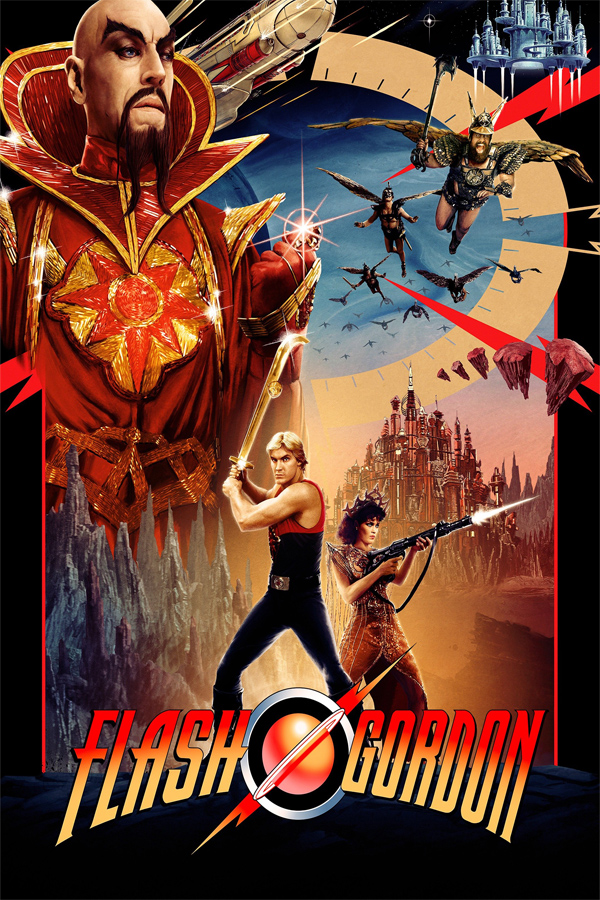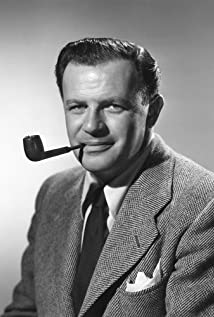Joseph L. Mankiewicz
Born in Wilkes-Barre, Pennsylvania, on February 11, 1909, Joseph Leo Mankiewicz first worked for the movies as a translator of intertitles, employed by Paramount in Berlin, the UFA's American distributor at the time (1928). He became a dialoguist, then a screenwriter on numerous Paramount productions in Hollywood, most of them Jack Oakie vehicles. Still in his 20s, he produced first-class MGM films, including The Philadelphia Story (1940). Having left Metro after a dispute with studio chief Louis B. Mayer over Judy Garland, he then worked for Darryl F. Zanuck at 20th Century-Fox, producing The Keys of the Kingdom (1944), when Ernst Lubitsch's illness first brought him to the director's chair for Dragonwyck (1946). Mankiewicz directed 20 films in a 26-year period, successfully attempted every kind of movie from Shakespeare adaptation to western, from urban sociological drama to musical, from epic film with thousands of extras to a two-character picture. A Letter to Three Wives (1949) and All About Eve (1950) brought him wide recognition along with two Academy Awards for each as a writer and a director, seven years after his elder brother Herman J. Mankiewicz won Best Screenplay for Citizen Kane (1941). His more intimate films like The Ghost and Mrs. Muir (1947), The Barefoot Contessa (1954)--his only original screenplay--and The Honey Pot (1967) are major artistic achievements as well, showing Mankiewicz as a witty dialoguist, a master in the use of flashback and a talented actors' director (he favored English actors and had in Rex Harrison a kind of alter-ego on the screen).

